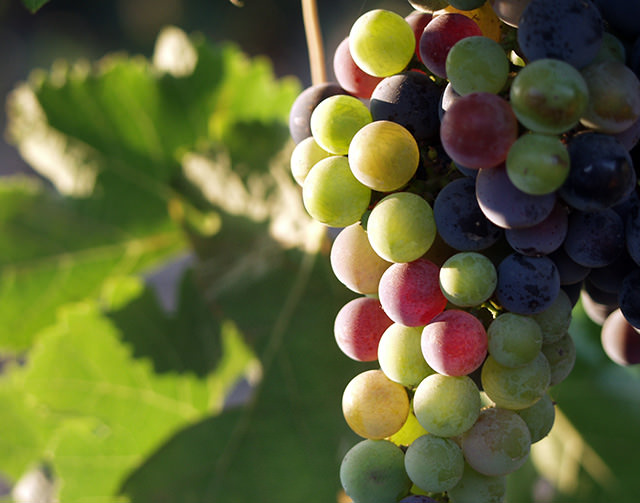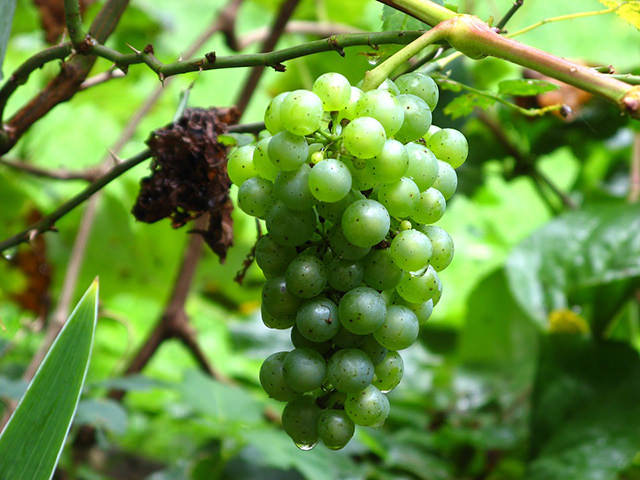Less powerful hangovers, fewer chemicals, and kinder to the environment – no wonder organic wine is booming all around the world.
The organic trend is taking the world by storm in an effort to presumably consume healthier food instead than opting for aliments filled with preservatives and growth hormones.
However organic dining doesn’t have to stop you from drinking wine, as there are many organic alternatives today. Organic wine has been a growing trend in recent years and shows no signs of slowing down. If you are considering trying organic wines, here is some useful information.

An organic wine is a wine made from grapes that have been grown without the use of artificial chemicals, such as herbicides and pesticides. To keep the weeds and bugs away, organic winemakers follow the nature of the vineyards by boosting biodiversity to protect their grapes. For example, they may use other complementary crops to create the right habitat for “good” insects that hunt the bugs dangerous for the vines.
One of the most popular chemicals found in traditional wines are sulfites that help to preserve and stabilize the wine. But some people are intolerant or even allergic to sulfites, meaning that making wines without additional sulfites is a safer option to traditional wines.

A study by the wine trade journal Decanter in 2013 showed that out of about 300 French wines tested, around 90% had traces of at least one pesticide. These pesticides are known as “anti-rot” additions, which come late in the fermentation process.
These artificial chemicals can cause major allergen problems, and unknown long-term effects. However, organic wines are produced using organically grown grapes do not contain added sulfites or the pesticides you will find in more traditional wines. While there still may be spray used on the vines for the use of killing bugs and other pests, organic winemakers do their best to neglect this practice when they can, and using natural alternatives when they have to.

However, just because a wine is organic, doesn’t mean that it is somehow healthier for you. The environment is certainly in much better health, than if you were spraying poisons everywhere, and the grapes certainly taste a whole lot better, meaning that in the hands of a skilled winemaker, the wine can definitely taste better. BUT organic wine still contains alcohol, which, of course, is harmful in excessive amounts. But at least you are skipping all those artificial chemicals, which is good news.
For most people, the choice to drink an organic wine usually comes down to taste.
As with most organic products, such as fruits, vegetables, meat, eggs, or dairies, the flavours are more complex, pure and generally enhanced. Organic food also nourishes in a way that no industrially grown food can, and the same can be said of organic wine. Many sommeliers love serving organic wines in their restaurants because they taste great and they tend to go well with food.
Next time you have to buy a wine, or you want to order at the restaurant, try some organic wine and let us know what do you think!
[Article by Federico Brandi]



 0
0